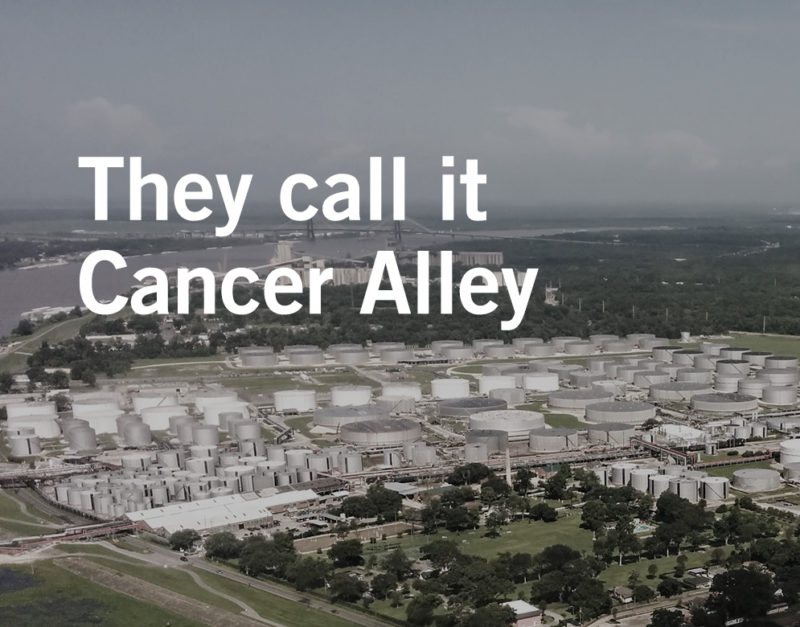 January 28, 2021
January 28, 2021 The EPA recently updated its risk value for ethylene oxide—a flammable, colorless gas used to make chemicals commonly found in plastics, antifreeze, adhesives, and other consumer products. As a result, the new rules will call for companies to reduce their annual airborne emissions of ethylene oxide by 10 tons nationwide—a 7% reduction from the 140 tons of toxic emissions in 2018.
The new rules were established as a requirement under the Clean Air Act. However, some fear plans for new chemical plants to be built along Louisiana’s “Cancer Alley” corridor will not require compliance with the EPA’s new regulations.
Increased Risk of Chemical Exposure in “Cancer Alley”
In the miles that span between Baton Rouge and New Orleans lie more than 150 chemical plants and refineries. Because of the substantial health issues that have been linked to exposure to toxic pollutants suffered by residents in this part of Louisiana, the area is commonly referred to as “Cancer Alley.”
ProPublica’s recent report explains that despite great health risks and concerns, new plants are under construction along Cancer Alley. The addition of these factories will increase the already high concentration of toxic chemicals in nearby communities. Exposure to toxic chemicals in this region is of grave concern because these residents have already been put at greater risk of cancer by ongoing exposure to asbestos.
Public records dating back to the 1990s show the prevalence of asbestos in the environment in Cancer Alley. They also show how easy it was for anyone living there to be exposed to asbestos through everyday activities, such as walking, driving, or working in the yard. These activities caused the asbestos in the environment to deteriorate and sometimes become an airborne powder that could be breathed. Although the Environmental Protection Agency did a wide-scale cleanup of asbestos in the area, residents had been exposed to it for years before the cleanup efforts. Because they asked residents who may have asbestos on their property to self-report, there may have been contamination sources that were never explored.
The Dangers of Asbestos Exposure for Louisianans
In 2018, Louisiana chemical plants along Cancer Alley alone represented one-fifth of the total production of ethylene oxide nationwide. Prolonged exposure to toxic chemicals like ethylene oxide can cause serious health concerns, including lung problems, cancer, birth defects, and brain damage. And these risks are compounded by the long-term exposure to high levels of cancer-causing asbestos in the region. According to a recent report from The American Cancer Society, Louisiana is one of the top 10 states for incidence of lung cancer diagnoses and deaths.
Louisiana oil refinery workers are especially vulnerable to the health risks associated with exposure to asbestos because of the equipment and products containing this known carcinogen used in the industry. Asbestos has been commonly used in the insulation of oil refinery equipment, as well as in sealants, sheets, piping, pumps, and gaskets needed for this industry to function. Workers have come in contact with asbestos fibers from handling these sorts of equipment — especially when the fibers were released into the environment and inhaled.
About Waters Kraus Paul & Siegel
With offices in Louisiana, Texas, California, and beyond, Waters Kraus Paul & Siegel is a mid-sized plaintiffs’ firm of proven trial lawyers with decades of experience in toxic exposure litigation. We fight to hold corporations responsible for their negligent actions and are prepared to take each and every case to trial to ensure justice for our clients. Email us or call at 855.966.1060 to discuss your potential lawsuit.



